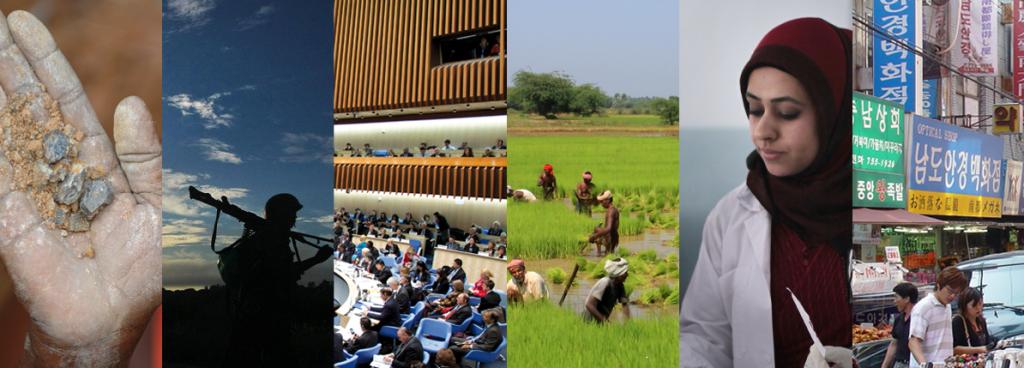- Timeline: December 2018 -November 2019
- Funding organisation: Swiss National Science Foundation
Abstract
Considered by some as “the most important conversation of our time” (Tegmark 2017), the emergence of artificial intelligence and digitally-mediated work represents a fundamental challenge for most developing economies. Coupled with jobless economic growth, rising human productivity, and the exponential increase of the available labor pool, few jobs can be said to be safe from automated labor. In developing economies in particular, the future may not even hold enough jobs for everyone. Paradoxically, the exposure of the global South to automation as well as the lessons it may offer to address changing conceptions of digital work and production in an internet-enabled economy have been largely overlooked in the literature.
This research project will strengthen the empirical knowledge on changing trends in employment in the global South by way of a two-pronged approach to the increasingly interconnected global division of labor: i) app-based work mediated by online service platforms, and ii) the use of blockchain technology in mining sites for ethical sourcing, traceability and proof of origin. With dwindling formal employment opportunities, a large number of Africans are turning to temporary employment or tech-enabled freelance work in digital economies. With the prospect of a jobless future, self-employment, or independent contract work, the African experience of on-demand labor should inform debates on automation, computerization and non-standard forms of work. Second, the research will examine the introduction of blockchain technology in African mining contexts.
Despite the potential to perform an integral role in the functioning of global supply chains, ethnographic research is needed to assess risks and challenges of empowering or further excluding the participation of artisanal miners. Taken together, this research investigates how these forms of individual and collective labor will inform future studies of human labor performed alongside automation and the transformative impact of technology over our digital lives. How can we valorize digital work and human labor in light of dehumanizing experiences and the desire for human autonomy and flexibility?



